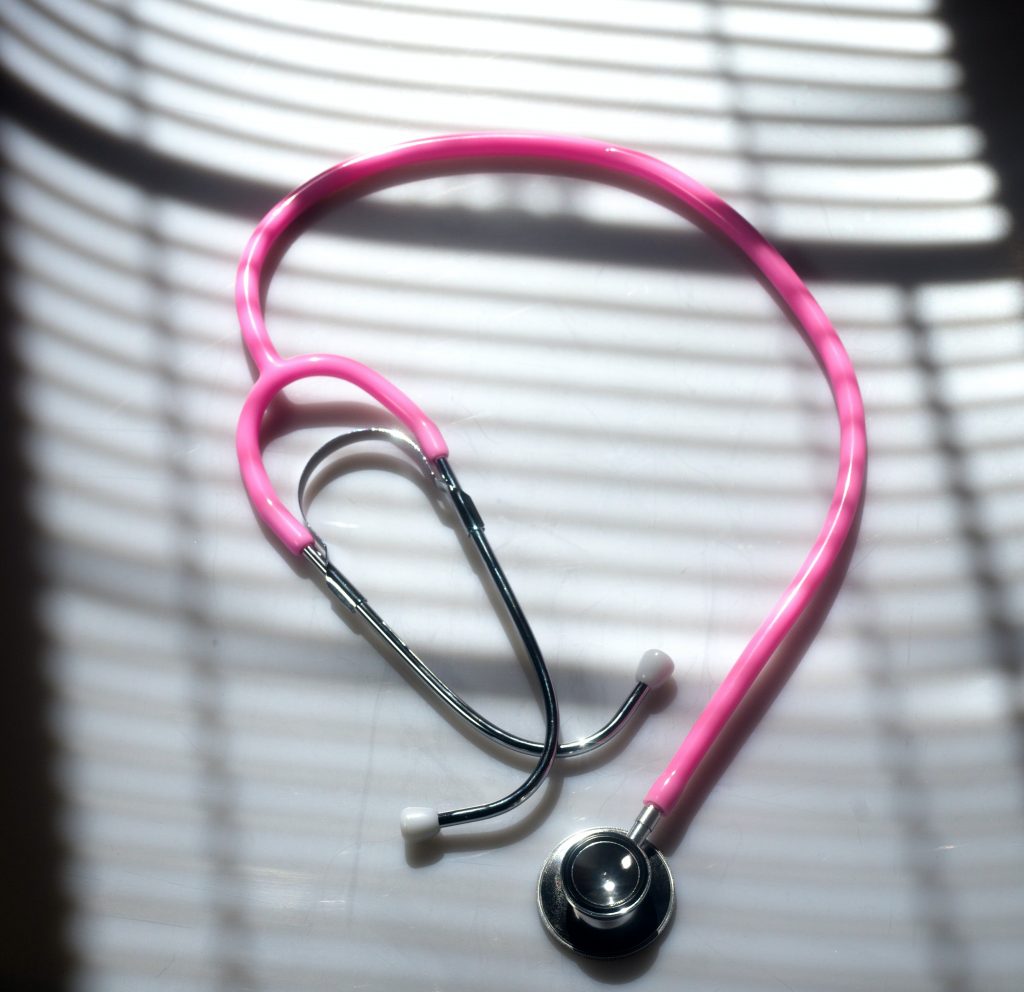Given the circumstances of 2020, probably every single adult, (and, unfortunately, quite a large number of children), have experienced health anxiety in the past 6 months. It is understandable, especially as the media have focussed on every single aspect of SARS-Covid 19 from its causes, transmission, symptoms to its mortality rate. If you are struggling with anxieties specific to the coronavirus epidemic and the risk of contagion, read the Tim Harford article below which is a balanced discussion of the current risk; you should find it reassuring.
General health anxiety is a recognised psychological problem, and this heightened focus on disease may trigger its development in some people. Health anxiety often develops in early to mid-adulthood; once developed, it can worsen with age. How can you tell if you, or someone you know, have developed health anxiety? Dr Timothy Scarella of Harvard Medical School suggests that these are indications:
- You have no symptoms, but still fear that you are sick.
- When a doctor reassures you that you don’t have an illness or a test shows you’re healthy, it doesn’t relieve your nervousness.
- You find yourself constantly seeking health information online.
- If you read a news story about a disease, you start worrying that you have it.
- Your worries about your health are interfering with your life, family, work, or hobbies and activities.
Psychologist Irena Milosevic writes that between 3-10% of a given population can suffer from health anxiety. It is generally accepted that someone who is struggling with health anxiety can often be helped by counselling, especially Cognitive Behavioural Therapy.
Often, GPs pick up if their patients may be suffering from health anxiety by how often they attend the surgery and the symptoms they discuss. If, after reading this blog or the articles below, you believe you may be struggling with health anxiety, your first port of call could be your GP, to discuss how you are feeling. They could refer you for counselling help. Alternatively, you could contact the University’s Employee Assistance Programme (EAP) to talk with the counsellors available, either by telephone or face to face. All the information you need to know about the EAP can be found on the OH website.
‘A bluffer’s guide to surviving Covid-19’ by Tim Harford on the Financial Times website
‘Why we worry too much about our health’ by Rob Sharp on The Independent website
‘Always worried about your health? You may be dealing with health anxiety disorder’ on Harvard Medical School website
‘Health Anxiety’ on NHS website
‘Health Anxiety’ by Erica Cirino on healthline.com
‘Hyper-Worried About Your Health? 3 Tips to Help’ by Margarita Tartavosky on psychcentral.com
‘Two Tips for Health Anxiety’ by Dr Tracey Marks on YouTube
‘CBT Self-Help for Health Anxiety’ by getselfhelp on YouTube

